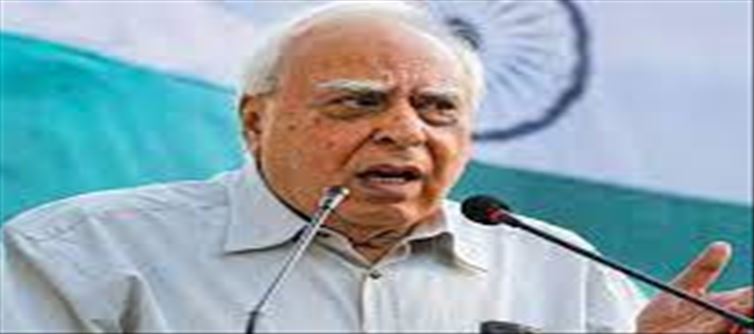
Rajya Sabha mp and senior lawyer kapil sibal has cornered the government on the women’s reservation bill. He has
raised the question that when all the parties were in support of the bill, then what was the need to wait for 10 years.
Sibal says that this has been done keeping in mind the lok sabha elections to be held in 2024. It is expected that the
Women’s Reservation Bill will be presented in parliament on Wednesday.
Union minister Prahlad Singh patel posted on social media platform X on monday that the cabinet has approved the
Women’s Reservation Bill. However, he deleted this post within an hour. However, no official information has been
revealed regarding the cabinet meeting which lasted for 90 minutes on monday evening. But discussions are
intensifying that the Union cabinet has approved the Women's Reservation Bill.
What did Sibal say?
At the same time, former congress leader kapil sibal wrote on Twitter, Women’s Reservation Bill: Wondering why PM
Modi waited 10 years to present this bill, while all the parties have been in support of it? Maybe 2024 is the reason for
this. But if the government does not provide quota to OBC women, then bjp may also lose in UP in 2024. Just think
about it! kapil sibal, who was a Union minister in the UPA 1 and UPA 2 governments, had left the congress party in
May last year. In the same year he was elected to rajya sabha with the support of Samajwadi Party.
What is Women’s Reservation Bill?
The Women’s Reservation Bill is a constitutional amendment bill, which provides for 33% reservation for women in the
Lok Sabha and all state assemblies in India. This bill was introduced for the first time in 1996, but has not been passed
till now. The purpose of the Women’s Reservation Bill is to promote women’s participation in indian politics. In India,
women’s participation in the lok sabha is only 14.5% in 2023, one of the lowest in the world. With the passage of the
Women’s Reservation Bill, it is expected that the representation of women will increase and they will be able to play a
more effective role in policy making.




 click and follow Indiaherald WhatsApp channel
click and follow Indiaherald WhatsApp channel